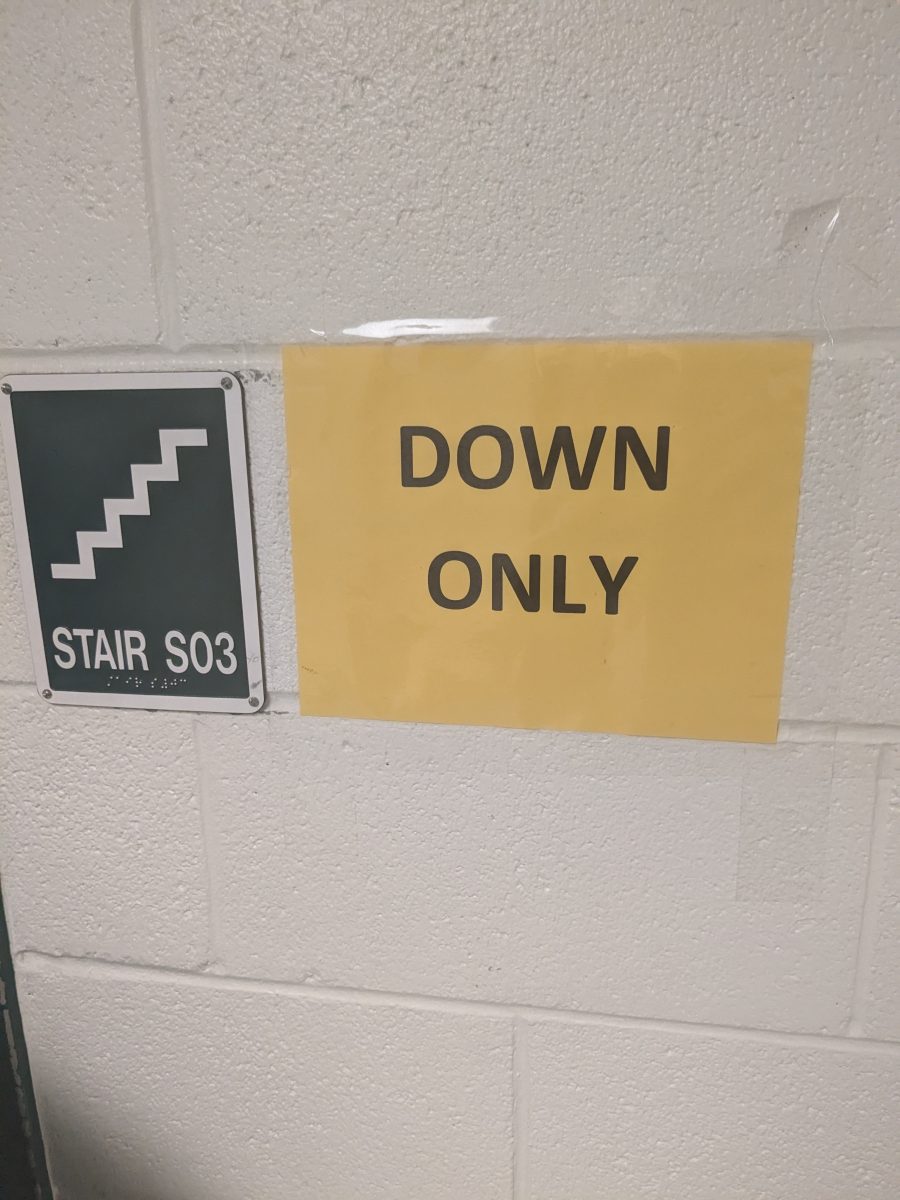Point: Robert Hsu
To become a graduate of any MCPS high school, prospective students must take a certain number of required courses. One credit of fine arts, one credit of physical education, one credit of technology education, half a credit of health education (a full credit if you graduate from the year 2025 or later), three credits of sciences which must include one life sciences and one physical societies credit, three credits of social studies which must contain one U.S. history credit, one world history credit and one national, state and local government credit. A student must also take two years of a world language and complete 75 hours of student service learning just to graduate. That does not include classes and extracurricular activities that are vital for getting accepted into a college or university.
The amount of work and stress that is placed on the modern day student has caused a pandemic of stress, depression and anxiety. This is why it is so puzzling when some have suggested adding another class to the already intensive workload. The addition of financial literacy to the student workload would just be throwing more weight on already exhausted and overworked students.
High school is supposed to be a time of growth and development. It is already counter productive to overload students with classes and work that turn some of the most formative years for the future of the society into stressful, anxiety ridden times, so why add another class? Many of the beats of financial literacy can be very useful and applicable to real world situations but many students have learned about finance and money management in the real world negating the use for classes such as financial literacy.
Financial literacy is a class that could have a positive impact on the education system but not as a required course within the school year. The amount of stress already burdened on students would not be helped by adding another required class teaching skills with which many students are already familiar. A more beneficial way to implement the curriculum would be to require the class in an early stage of schooling such as middle school before a vast majority of students have had real world experience with things such as money management.
Counterpoint: Nick Opipari
You just graduated from high school and apply for a credit card. You quickly get yourself into thousands of dollars in credit card debt. Accumulating more than $1,000 in credit card debt is not uncommon, with over half the population being in the same boat. This is just one of many possible consequences of not learning about financial literacy in school.
Being financially literate is a necessary skill in order to live a life that you desire. New adults get themselves into a plethora of potential problems by not educating themselves on finances. Financial literacy consists of teaching students how to budget, save, manage debt, invest, apply for a credit card and open a bank account. Tons of students enter adulthood not knowing how to actually manage their finances. This leads to disastrous situations which someone that young may not be able to handle.
There is a class at WJ, quantitative literacy, based around the education of financial literacy. As from the class description, “Financial literacy topics include individual budgeting, investing, credit, and loans.” The class should be required to graduate and every statistic proves that. Approximately 75% of teens do not have confidence in their knowledge of their own finances. Making this a requirement would reduce but not eliminate the insecurities of teens and their finances.
The addition of a financial literacy class as a graduation requirement will diminish the stress students will face in their early adulthood. Although you should be responsible in knowing that you need to learn how to manage yourself before making big financial decisions, it’s easy to get caught up in “good deals” and financial traps. The addition of financial literacy to graduate from high school would minimize this responsibility of young adults pushing themselves to learn about things they deem “non-important.”
Financial literacy is a much needed class to properly teach students how to be responsible adults. The current curriculum and no requirement is not enough for a new adult to manage their finances with ease and make knowledgeable decisions. School is aimed to prepare children for adulthood and the absence of a required financial literacy class opposes the end goal.






















